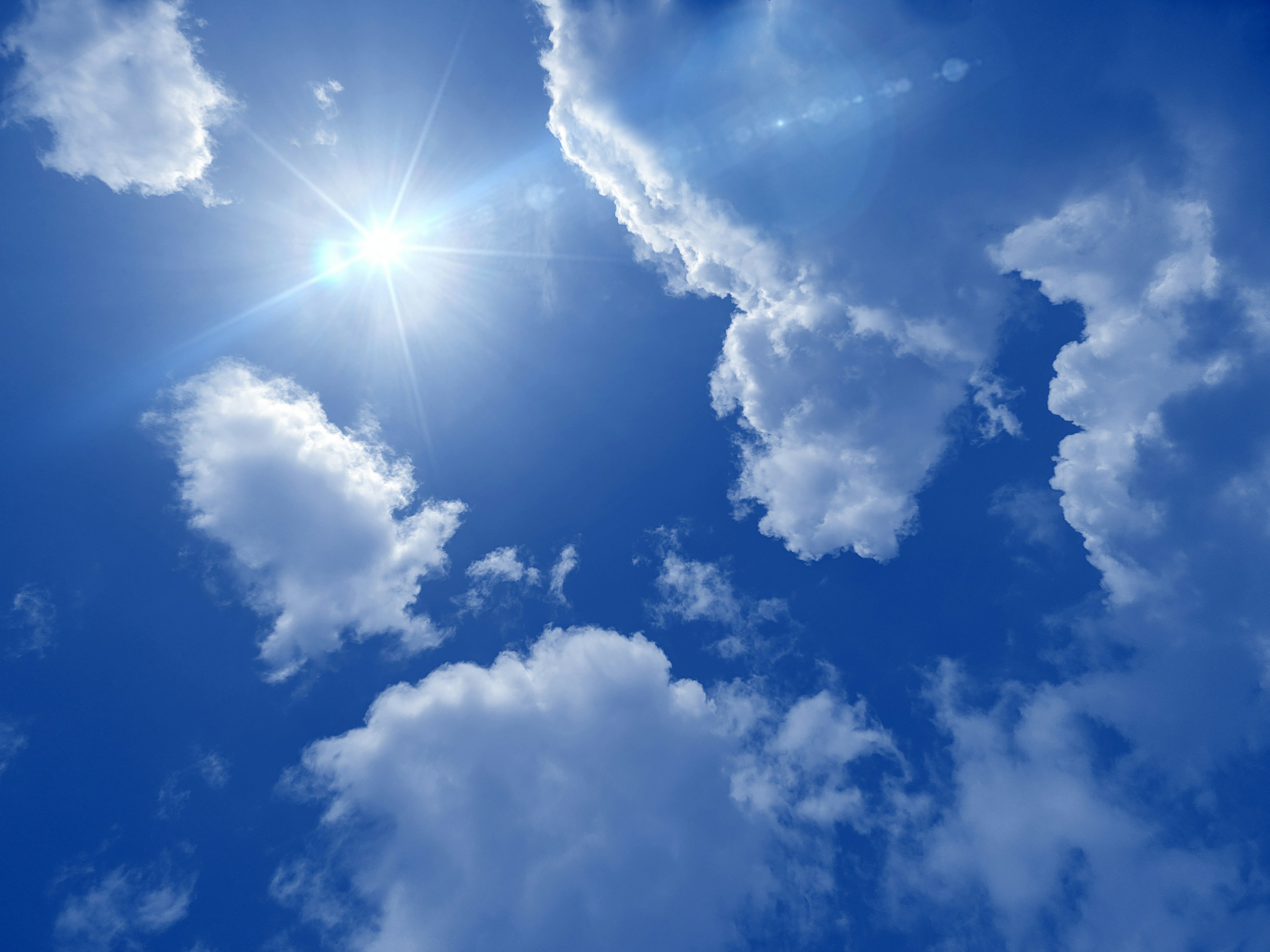


Health experts are urging Queenslanders to rely on proven medical advice, not social media myths, when it comes to sun safety, as the state continues to record the highest melanoma rates in the world.
Dermatologist Associate Professor Erin McMeniman, from Princess Alexandra Hospital and the University of Queensland’s School of Medicine, says misinformation about sunscreen is spreading online at an alarming rate.
“Particularly in Queensland, most people receive enough sun exposure to produce vitamin D simply through their daily incidental activities, such as hanging out the washing or checking the letterbox,” she said.
She warns that unprotected sun exposure remains the leading cause of melanoma and other skin cancers, with 4,085 Queenslanders diagnosed in 2021 and 385 losing their lives.
“Skin damage can occur after 10 minutes exposure when the UV index is at 3 or above. In Queensland, the UV index is 3 or above all year round, even in winter,” she said.
In recent weeks, UV levels have reached 14 and 15—classified as “extreme”—further emphasising the need for regular sun protection.
Despite these well-established risks, a range of myths persist online, including claims that sunscreen causes cancer, that tans prevent sunburn, or that darker-skinned people cannot get skin cancer. Assoc Prof McMeniman says these claims are not only false, but dangerous.
“There is no evidence there is any proven harm from using sunscreen,” she said.
“Unprotected sun exposure has been proven to cause cancer.”
She adds that sunscreen found in make-up is rarely strong enough to provide real protection.
“You need SPF30 or higher rating to be protected against sun exposure,” she said.
“If it’s not SPF30 or above, you should be wearing additional sunscreen under your makeup when you’re in the sun for an extended period.”
Assoc Prof McMeniman says one of the biggest concerns is the rising number of Queensland children experiencing sunburn, with nearly half reporting at least one burn in the past year.
“Sunburn in childhood, frequent sunburn and sunburn that blisters the skin all increase a person’s susceptibility to UV-related cancers,” she said.
Adults over 60 remain the most at-risk group due to limited sun safety education when they were young. However, she says younger generations are benefiting from decades of awareness campaigns, with melanoma rates now slightly declining in those under 40.
As Queensland heads into another Summer of intense UV levels, the message from experts remains clear: slip, slop, slap and slide, every day.
Health experts statewide are encouraging Queenslanders to slip, slop, slap & slide every day to protect against intense UV levels (Photo Source: Unsplash)